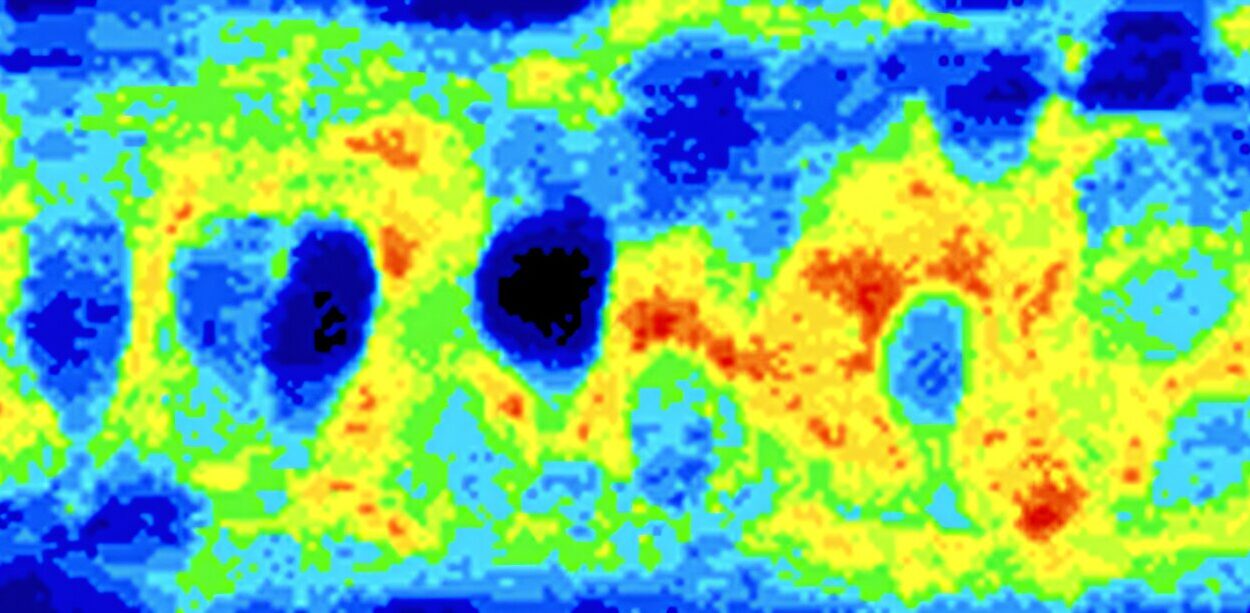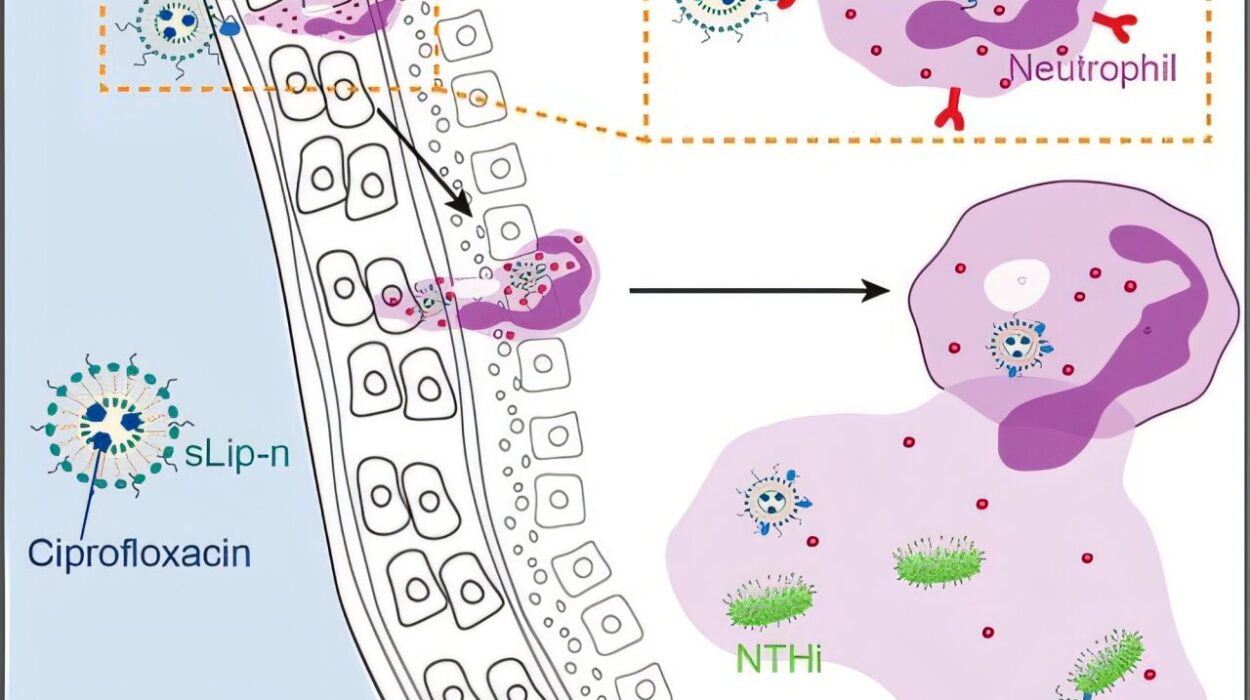Nestled at the base of your neck like a delicate butterfly is a gland that quietly orchestrates many of your body’s essential functions. Despite its modest size, the thyroid gland is anything but insignificant. It regulates metabolism, influences heart rate, governs temperature, and even affects your mood and memory. Its power lies in the hormones it produces, tiny biochemical messengers that travel through the bloodstream to deliver critical instructions to nearly every organ system.
But when the thyroid misfires—either slowing down or speeding up—the effects can be dramatic and far-reaching. These malfunctions are known as thyroid disorders, with hypothyroidism and hyperthyroidism being the most common. At first glance, the difference seems simple: one is too little thyroid hormone, the other too much. Yet behind this contrast lies a complex web of causes, symptoms, and treatments that can baffle patients and physicians alike.
Understanding how this small gland can create such wide-ranging havoc, or bring balance to the body when working properly, requires a journey into the intricate world of endocrine health, autoimmune mysteries, hormonal cascades, and cellular metabolism.
What the Thyroid Does and Why It Matters
The thyroid is part of the endocrine system, a network of glands that produce hormones to regulate metabolism, growth, reproduction, and other vital functions. The thyroid’s main job is to produce two hormones: thyroxine (T4) and triiodothyronine (T3). These hormones are made using iodine—a trace element from our diet—and are released in response to instructions from the brain.
The command center for this hormonal loop is the hypothalamus, which monitors the body’s needs and signals the pituitary gland to produce thyroid-stimulating hormone (TSH). TSH then tells the thyroid how much hormone to release. It’s a tightly controlled feedback loop, much like a thermostat regulating the temperature in your home. When all is well, your body hums along in equilibrium.
But when something goes awry—when the thyroid starts producing too little or too much hormone—the consequences ripple outward. Energy production falters or accelerates. Organs start malfunctioning. You may feel tired or restless, gain weight or lose it, feel chilled or overheated, all depending on the direction of the hormonal shift.
When the Thyroid Slows Down The World of Hypothyroidism
Hypothyroidism occurs when the thyroid gland becomes underactive and does not produce enough T3 and T4. This shortage throws the body into metabolic slowdown, leading to symptoms that can feel like someone has turned the dial of your life to low.
One of the most common causes of hypothyroidism is Hashimoto’s thyroiditis, an autoimmune condition in which the immune system mistakenly attacks the thyroid tissue. Over time, the gland becomes inflamed and damaged, losing its ability to produce hormones. Genetics and environmental triggers are thought to contribute to this autoimmune misfire, though the precise cause remains elusive.
Another common culprit is overtreatment with radioactive iodine or surgery for hyperthyroidism, which can leave a person with too little functioning thyroid tissue. Less commonly, hypothyroidism can result from iodine deficiency or damage to the pituitary gland.
Symptoms of hypothyroidism tend to creep in gradually and are often mistaken for signs of aging or stress. Fatigue becomes persistent. Skin turns dry. Hair may thin. Some people gain weight despite eating the same or even less. Cold intolerance becomes noticeable, as does a slow heart rate. Mood changes, especially depression and brain fog, are particularly troubling and often misdiagnosed.
In women, the condition can wreak havoc on reproductive health, leading to irregular periods, fertility struggles, and complications during pregnancy. In children, untreated hypothyroidism can impair growth and brain development.
Fortunately, hypothyroidism is generally easy to treat with synthetic thyroid hormone—levothyroxine—a medication that restores hormonal levels to normal. But the journey to diagnosis can be frustrating. Because the symptoms are so nonspecific, patients often endure months or years of feeling unwell before receiving a clear answer.
When the Thyroid Speeds Up The World of Hyperthyroidism
If hypothyroidism is like a sluggish engine, hyperthyroidism is like a car stuck in high gear. The body revs up, and everything moves too quickly. The most common cause of this condition is Graves’ disease, another autoimmune disorder—but this time, the immune system stimulates the thyroid to overproduce hormones.
Graves’ disease can trigger an array of dramatic symptoms. The most recognizable is weight loss despite normal or increased appetite. Heart palpitations, anxiety, heat intolerance, and excessive sweating are also common. Some people experience muscle weakness, tremors, and insomnia. In women, menstrual periods may become lighter or disappear. In severe cases, patients can develop a condition called thyroid storm—a rare, life-threatening acceleration of symptoms that demands immediate treatment.
Unlike Hashimoto’s, which often goes unnoticed until lab results reveal a problem, hyperthyroidism tends to be more overt. The body’s increased metabolism can cause visible changes. Eyes may bulge, a hallmark sign of Graves’ ophthalmopathy, a condition where immune activity inflames the tissues behind the eyes. The neck may swell with a goiter—a visibly enlarged thyroid gland.
Diagnosis typically involves blood tests showing low TSH levels and high T3/T4. Imaging tests or antibody screening may confirm Graves’ disease or reveal nodules or tumors in the thyroid. Treatments vary. Antithyroid medications like methimazole can reduce hormone production, while radioactive iodine therapy shrinks the gland’s ability to function. In some cases, surgery is necessary to remove part or all of the thyroid.
Interestingly, the treatment for hyperthyroidism often swings the pendulum too far, pushing patients into hypothyroidism, which then requires lifelong hormone replacement.
The Autoimmune Enigma Why the Immune System Turns on the Thyroid
What’s striking about both hypothyroidism and hyperthyroidism is how frequently they originate not in the thyroid itself but in the immune system. Autoimmune thyroid disorders are among the most common autoimmune diseases worldwide, especially among women.
But why does the immune system, designed to protect the body, attack the thyroid?
The answer remains a subject of ongoing research. Genetics clearly play a role, as autoimmune thyroid disease tends to run in families. Environmental factors—such as stress, infections, exposure to chemicals, and even smoking—may act as triggers in genetically susceptible individuals. The gender gap is also profound: women are five to ten times more likely than men to develop autoimmune thyroid conditions, possibly due to hormonal and chromosomal differences.
Once the immune system misidentifies thyroid cells as invaders, it unleashes a cascade of inflammation and destruction, sometimes gradually, sometimes aggressively. In Graves’ disease, it produces antibodies that mimic TSH, overstimulating the gland. In Hashimoto’s, it produces antibodies that destroy the gland itself.
Understanding and treating this autoimmune confusion is one of the biggest challenges in modern endocrinology. Current treatments focus on managing the thyroid hormone imbalance, not reversing the immune response—though future therapies may change that paradigm.
The Diagnostic Puzzle More Than Just a Blood Test
When thyroid symptoms arise, doctors usually start with a simple blood test for TSH. If levels are abnormally high, the thyroid is likely underactive. If they’re low, the thyroid may be overactive. But TSH alone doesn’t tell the whole story. Additional tests measuring free T3 and T4, as well as thyroid antibodies, are often necessary to pinpoint the type and cause of the disorder.
Despite the availability of these tests, diagnosis can still be elusive. Thyroid symptoms often overlap with other conditions—depression, menopause, adrenal dysfunction, even stress—and lab values may fall into a “normal” range while a patient continues to suffer. This has sparked controversy in both mainstream and alternative medicine circles, particularly about what constitutes “normal” TSH levels and when to begin treatment.
Some doctors advocate for a broader interpretation of symptoms, especially in the context of borderline lab values, while others caution against overdiagnosis and overtreatment. The challenge is finding a balance—acknowledging the subjective experience of the patient while respecting the objectivity of biochemistry.
When the Thyroid Affects the Heart, Mind, and Skin
What makes thyroid disorders so deceptive is the vast range of systems they affect. The thyroid doesn’t just govern metabolism in the abstract—it touches every cell in the body. That means its dysfunction can masquerade as psychological illness, cardiovascular disease, gastrointestinal trouble, or dermatological problems.
In hypothyroidism, patients often report a kind of mental haze—known as “brain fog”—alongside depression, forgetfulness, and lethargy. These symptoms are real, not imagined, and result from slowed brain activity due to low hormone levels. In hyperthyroidism, the opposite is true: the brain races, causing anxiety, restlessness, and insomnia. The mind becomes a runaway train.
Cardiovascular complications are also common. A sluggish thyroid can lead to high cholesterol and increased risk of atherosclerosis, while an overactive one can cause arrhythmias and even heart failure if left untreated. The skin, too, reflects thyroid imbalances—dry and flaky in hypothyroidism, flushed and sweaty in hyperthyroidism.
In some cases, the eyes, bones, reproductive system, and digestive tract all suffer collateral damage. This systemic impact makes thyroid health a linchpin of overall well-being.
Living with a Thyroid Disorder Navigating Life with a Hormonal Compass
For many people, managing a thyroid disorder becomes a lifelong journey. Hormone replacement or suppression therapies can bring symptoms under control, but they require ongoing monitoring and adjustment. Stress, illness, and even dietary changes can influence thyroid function, meaning patients must remain attuned to their bodies in ways others might not.
Dietary considerations are especially important. While no food can cure thyroid disease, certain nutrients—iodine, selenium, and zinc among them—play supporting roles in thyroid function. Meanwhile, excessive soy, cruciferous vegetables, and gluten may affect hormone absorption or trigger autoimmune responses in sensitive individuals. This has led some patients to adopt tailored diets under medical supervision, though evidence remains mixed.
Emotional support is also critical. Because thyroid disorders can so deeply affect mood and cognition, patients often struggle to feel understood by others or even by themselves. Support groups, online forums, and compassionate healthcare providers can make a profound difference in helping patients reclaim their lives.
Advances in Research Toward Personalized Thyroid Care
The future of thyroid treatment is moving beyond one-size-fits-all approaches. Researchers are exploring new ways to modulate the immune system, regenerate damaged thyroid tissue, and develop more precise hormone formulations that mimic the body’s natural rhythms.
Genomic medicine may one day allow for early identification of individuals at risk for autoimmune thyroid disease. Stem cell therapies and biologics aimed at taming immune dysfunction are on the horizon. Meanwhile, continuous hormone delivery systems—similar to insulin pumps—are being tested to more closely replicate the body’s natural thyroid output.
Artificial intelligence and machine learning are also entering the scene, helping clinicians identify patterns in thyroid disease and optimize treatment protocols. With these tools, the hope is to move from reactive treatment to proactive care—catching imbalances before they become disease.
A Small Gland with a Mighty Legacy
In the end, the thyroid is more than just a gland. It is a central player in the body’s grand symphony, and when it falls out of tune, the entire performance suffers. Yet with awareness, diagnostic tools, and medical advances, the dissonance of thyroid disorders can be brought back into harmony.
Whether the thyroid slows down or speeds up, whether it shrinks under autoimmune attack or swells in defiance, its impact is never minor. Understanding its nuances is not just about hormone levels—it’s about reclaiming energy, mood, memory, fertility, and health itself.
As science continues to unravel the mysteries of thyroid function and dysfunction, we edge closer to a future where patients no longer feel at the mercy of an invisible imbalance. Instead, they become partners in a dialogue between mind, body, and biochemistry—guided by the quiet yet powerful whisper of the thyroid.






